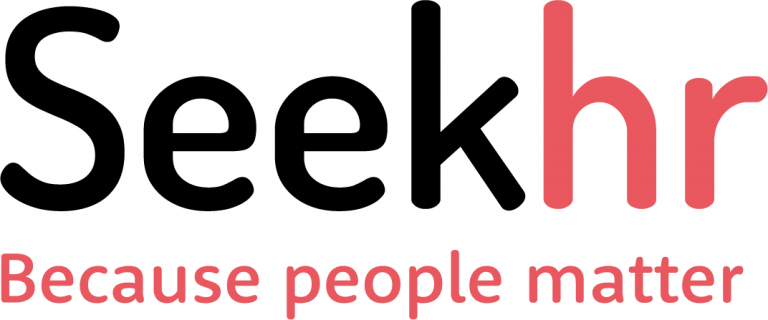Note: I recently wrote about preparing to take time off work after childbirth. In this follow-up post, I look at returning to work once your period of leave has ended.
Nearly half of all people working in the UK are women and 80% of those will, at some point, become mothers. Most will take between three and nine months off before returning to work.
After so long away from work, and with a pretty significant change at home, what’s the best way to successfully get back into the swing of things?
It’s worth noting, by the way, that since 2015 a law change has permitted shared parental leave, where both parents can divide time off between themselves. The following advice could, therefore, have some applicability for fathers and partners as well as mothers.
Taking time off
Your HR department should explain both your legal right to leave and any additional policies your organisation has in place. By law, you must take a minimum of two weeks off work, though of course, most women take a little longer than this!
You’re entitled to be paid 90% of your average weekly earnings for the first six weeks of your leave, and statutory maternity pay for 33 additional weeks.
Most women choose to return to work after these 39 weeks are up since maternity pay stops being available after this point. You’re entitled to take 52 weeks in total, though. There are more details on the gov.uk website.
Keeping in touch
Around four weeks before you begin your maternity leave you should agree a ‘keeping in touch’ plan with your employer. That’s because while you can reasonably expect your employer to give you plenty of space while you’re on leave, they will want to establish how they can stay in touch to share important workplace developments, for instance, with you.
You’re also entitled to work up to 10 days so-called KIT days (these are paid at full pay and don’t affect your right to statutory maternity pay) while you’re on leave. KIT days are worked by agreement only — you’re not obliged to work them.
Many women choose to put in a few of these days towards the end of their leave, perhaps to attend a staff conference or training events, for example. KIT days aren’t really intended for general day-to-day work, though you can use them for this if you wish.
To ease your return don’t just rely on these minimal formal contacts, however. If you can stay in touch informally with a few colleagues via email, phone or occasional meet ups to stay on top of what is happening at work, any changes that have taken place and any big developments.
There’s a great post advising on making the best of your KIT days over on the Talented Ladies Club blog.
Decide how you’d like to come back
Most women agree in advance the length of time they’re going to take off and set an estimated return to work date. Things change, of course. If you do change your plan, though, bare in mind that you need to give your employer eight weeks notice in writing (an email’s fine!).
Think about the pace at which you’d like to return to work. Is it possible, for example, for you work from home some days of the week or to work reduced or flexible hours for a time? Most employers are very open to requests such as this. Just remember to frame the discussion around how you’re excited to return to work and how working in this way will enable you to get all of your work done.
The key to a successful return to work is to plan ahead, agree everything with your boss, and take it slow at first.
Find a mentor
No, not a professional mentor (those there are benefits to those too), but rather a mummy-mentor in the office who has been through the same experience and can share advice and act as an initial sounding board for your ideas before you ask your boss.
Terri McClements, of PwC’s HR team, says that the ‘Little tidbits’ of advice a mentor can share ‘like a plan for your first day back to be a Thursday, not a Monday, or a heads up on the alternate work spaces you could use to pump in a pinch – prove invaluable when starting back at work.’
Take care of yourself
While our maternity laws here in the UK allow for a generous amount of time off, it’s still important not to rush your return to work and to prioritise your health in the immediate months after giving birth. Medical experts stress that new working mums should be patient as being ready to return to work is dependent on individual physical and emotional factors. Keep in touch with your doctor and take it easy at first is the best advice.
Executive Partnerships is a specialist secretarial and business support recruitment consultancy. If you’re looking to hire the best EAs, PAs, and secretaries or to take your career up a notch, get in touch with as executivepartnerships.co.uk.




